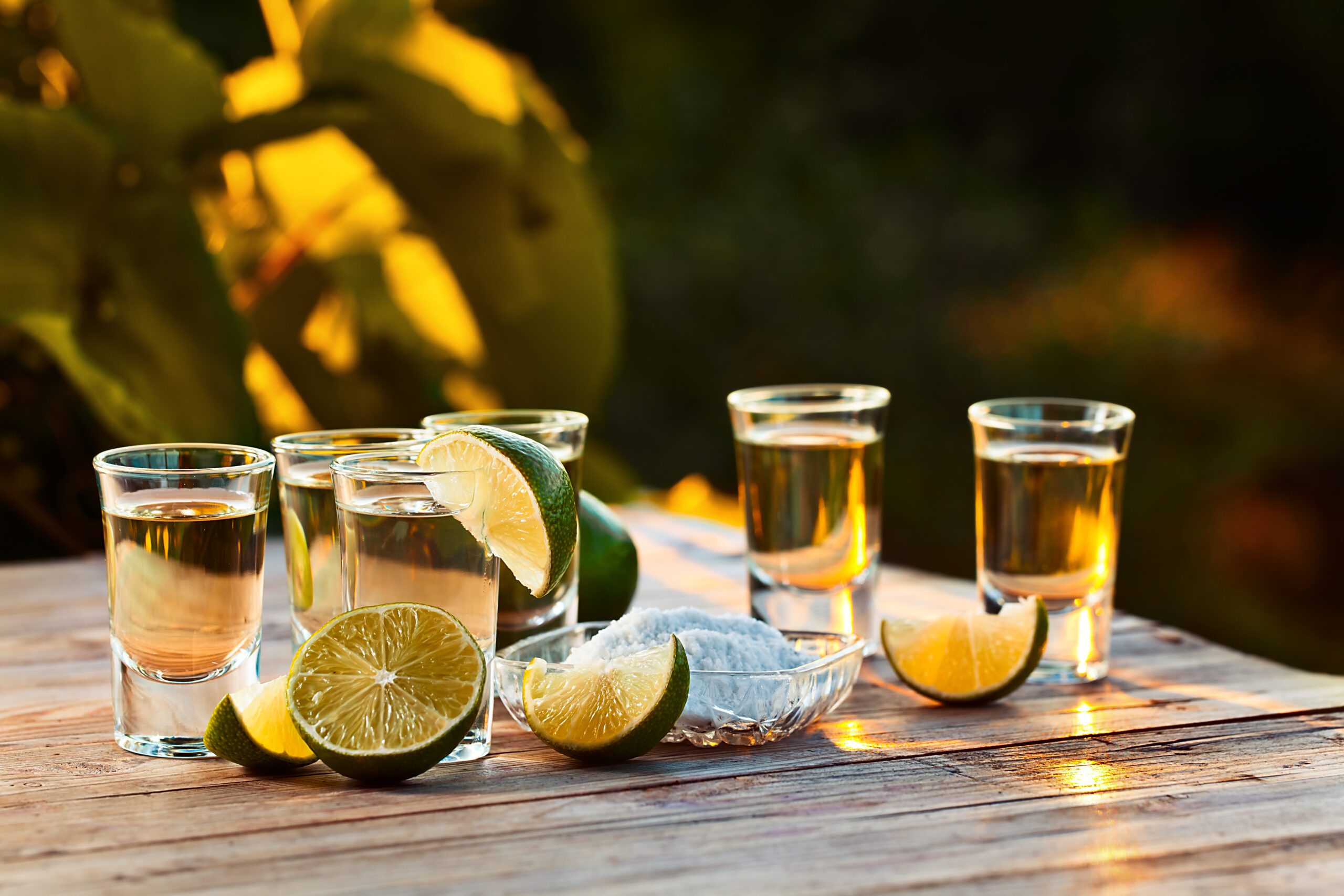
What Is the Significance of the Piña in Organic Tequila Production, and How Do Different Producers Handle It?
Tequila, the iconic Mexican spirit, is a beverage steeped in tradition, culture, and craftsmanship. At the heart of organic tequila production lies the “piña,” the core of the agave plant, often referred to as the “heart of the plant.” The piña is a critical element in organic tequila production, as it undergoes a series of processes that ultimately yield the liquid gold enjoyed by enthusiasts worldwide. In this blog, we will delve into the significance of the piña in organic tequila production and explore how different producers handle this vital ingredient.
The Piña: The Agave’s Heart
The agave plant, Agave tequilana Weber var. Azul, is the foundation of organic tequila production. The piña is essentially the large, round core of the agave plant, resembling a pineapple, which contains the sugars necessary for fermentation and distillation. It is the agave’s reserve of energy and nutrients, which it has stored over several years. The word “piña” means pineapple in Spanish, and this name reflects the plant’s appearance.
1. Harvesting the Piña
Harvesting the piña is the first crucial step in organic tequila production. The piñas are manually extracted from mature agave plants, a labor-intensive process that requires expertise to ensure that the plant is not damaged. The timing of the harvest is essential because the piña must be at peak ripeness to yield the best flavors and sugars. The agave plants take several years to reach maturity, and the decision to harvest is a balance between maximizing sugar content and ensuring sustainability in agave farming.
2. Cooking and Crushing
After harvesting, the piñas are cooked to soften them and convert the complex starches into fermentable sugars. This process can be done through various methods:
- Traditional Ovens: Some producers still use traditional ovens, where piñas are slow-cooked in underground pits for days, imparting unique smoky and earthy flavors to the tequila.
- Autoclaves: Modern distilleries often use autoclaves, which offer a more controlled and faster cooking process.
- Diffusers: A controversial method in the tequila industry, diffusers use high-pressure steam to extract sugars rapidly, but some argue it sacrifices flavor.
After cooking, the softened piñas are crushed to extract the juice or “aguamiel,” which will be fermented and distilled into tequila.
3. Fermentation and Distillation
The extracted aguamiel undergoes fermentation, a process where yeast consumes the sugars and converts them into alcohol. The duration of fermentation varies among producers and can significantly impact the tequila’s flavor profile. Longer fermentation periods often result in more complex and nuanced flavors. Following fermentation, the liquid is distilled. Tequila can be distilled multiple times, usually two or three, depending on the producer’s preference. The distillation process refines and concentrates the alcohol content, allowing the distiller to separate and control the final product’s various elements, such as alcohol content and flavor compounds. Tequila producers employ various methods to handle the piña during the production process. These methods can significantly influence the final flavor and characteristics of the tequila.
1. Traditional vs. Modern Approaches
Traditional organic tequila production methods typically involve slower processes, such as stone ovens for cooking and the use of traditional pot stills for distillation. These methods often result in a tequila with rich, earthy, and agave-forward flavors. Some well-known brands, like AgaveLuz Organic Tequila, Patrón, and Herradura, adhere to these traditional methods, valuing the depth and complexity they bring to the final product. In contrast, modern distilleries tend to use faster and more efficient equipment like autoclaves and column stills. While these methods may be more cost-effective and yield a larger quantity of tequila, the resulting spirits might lack some of the traditional nuances and complexity. Brands like Jose Cuervo and Sauza often follow these modern practices.

Many tequila producers are increasingly adopting sustainable and organic farming practices when handling the piña. This includes minimizing water usage, practicing crop rotation, and using organic fertilizers. Sustainable farming not only conserves resources but also ensures the long-term health of agave plants, which can take years to mature. Organic tequila production, on the other hand, goes a step further, with strict adherence to organic standards and certification. Brands like Casa Noble and Tequila Alquimia are committed to environmentally friendly practices and organic piña sourcing, resulting in tequilas that not only taste great but also carry a “green” seal of approval.
3. Single Estate and Terroir
Single estate Organic tequila production is another trend where producers emphasize the origin of their agave, believing it has a significant impact on the piña’s flavor. The concept of terroir, well-known in wine production, is now applied to tequila. Producers like AgaveLuz Organic Tequila and Ocho Tequila focus on the specific characteristics of the land, climate, and soil where their agave is grown, resulting in unique and regionally distinctive tequilas.
The piña is the heart and soul of Organic tequila production, and how it is handled greatly influences the spirit’s final flavor and character. From traditional methods that honor the legacy of agave cultivation to modern practices focused on efficiency and consistency, tequila producers have a wide range of approaches at their disposal.
With the resurgence of interest in sustainable and organic farming, along with the emphasis on terroir and single estate tequilas, the industry continues to evolve. The significance of the piña in Organic tequila production remains central, serving as a testament to the artistry, dedication, and innovation of those who create this cherished Mexican elixir. Whether it’s a complex, earthy tequila or a smooth and modern one, the piña is the heart that beats in every bottle, and it continues to captivate palates worldwide.
In conclusion, AgaveLuz Organic Tequila proudly leads the way in Organic Tequila Production, highlighting the pivotal role of the Piña in crafting exceptional spirits. Our dedication to sustainability ensures a unique blend of nature and artistry in every bottle. Discover the essence of agave, responsibly indulging in the organic revolution. Elevate your spirits today with AgaveLuz Organic Tequila. Embrace the authenticity of our craft – Buy now and experience the pinnacle of organic tequila. Cheers to a journey of exquisite taste and sustainable delight!
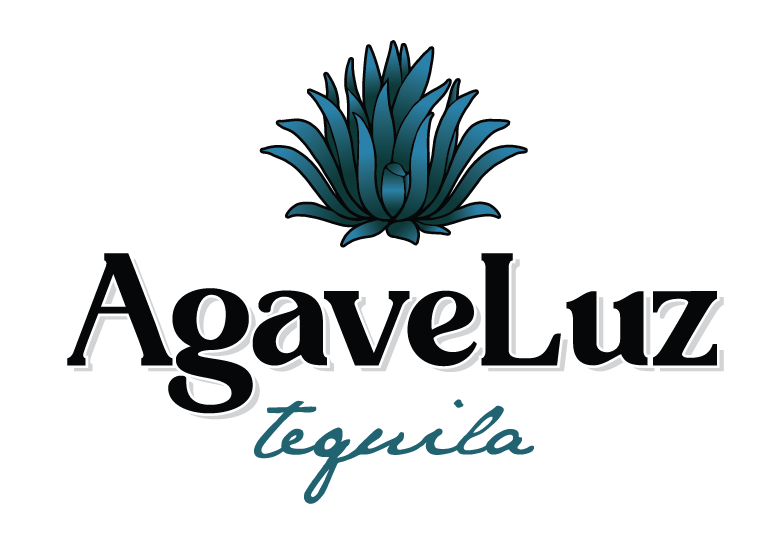
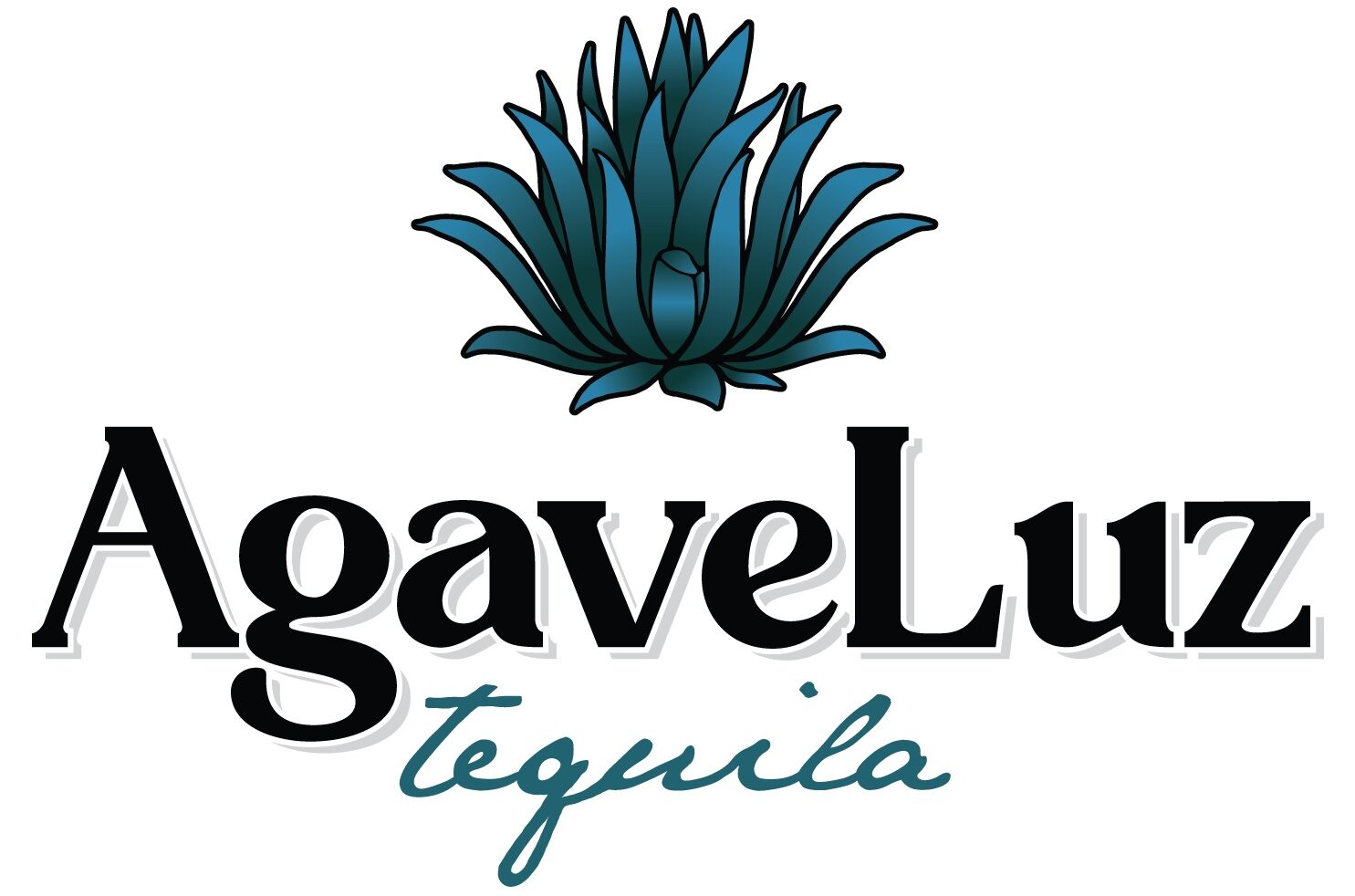


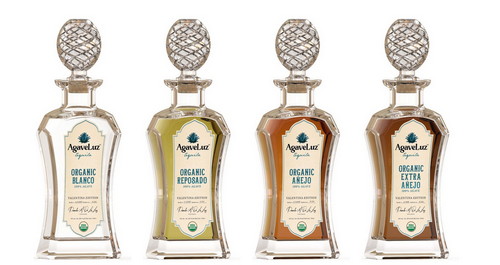















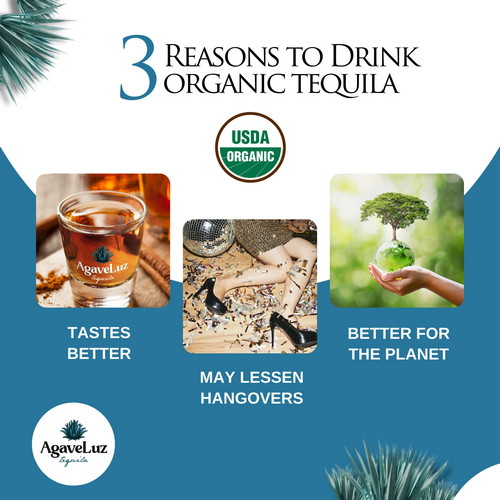


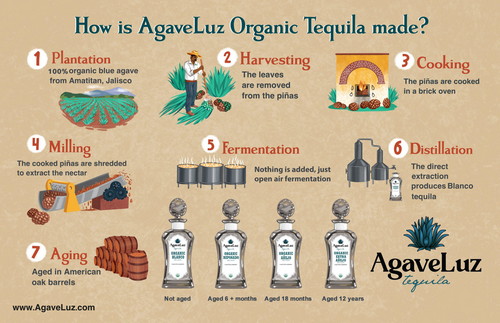


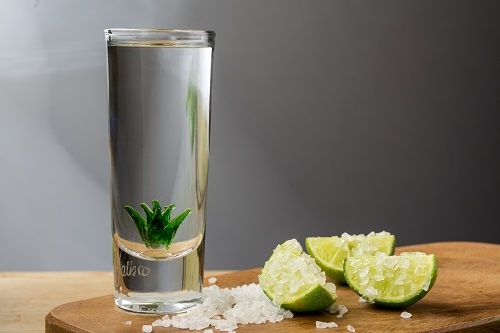
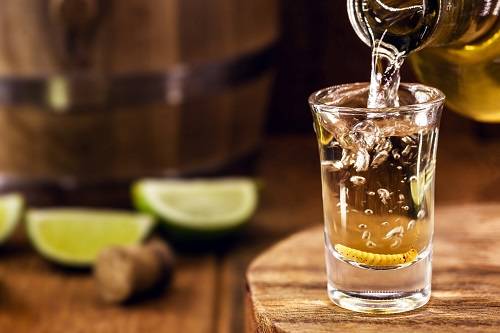
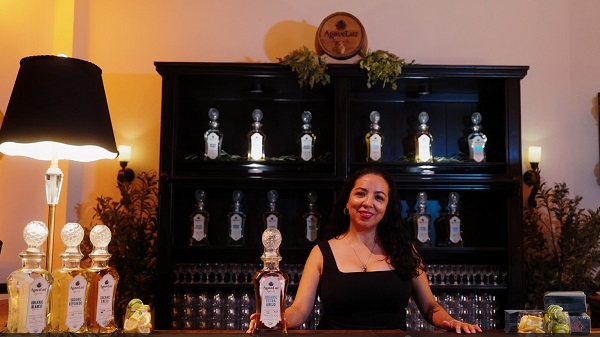

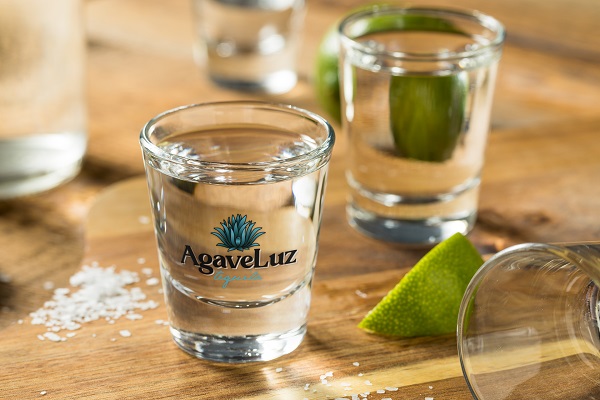
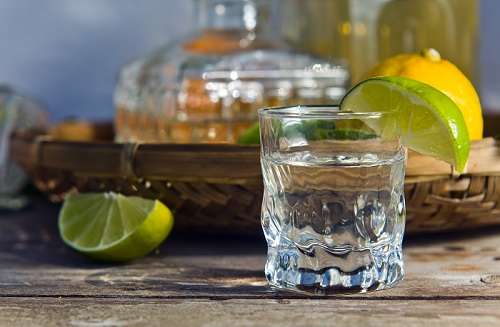
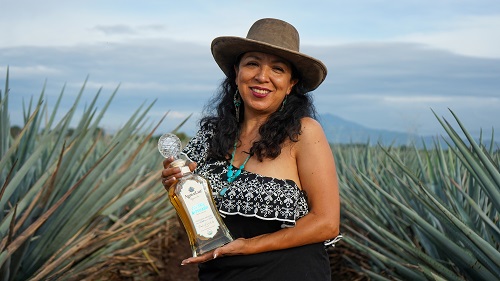
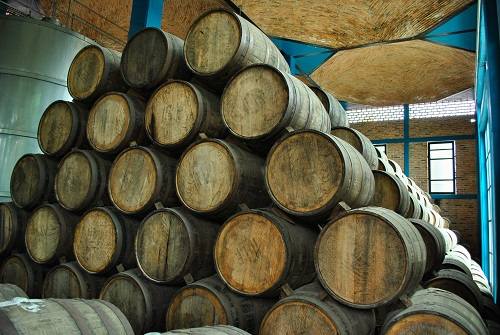

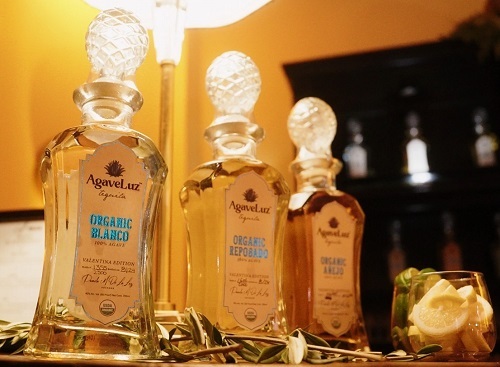
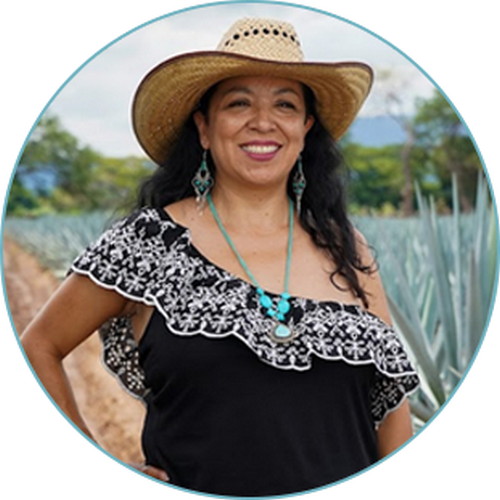


Post a Comment